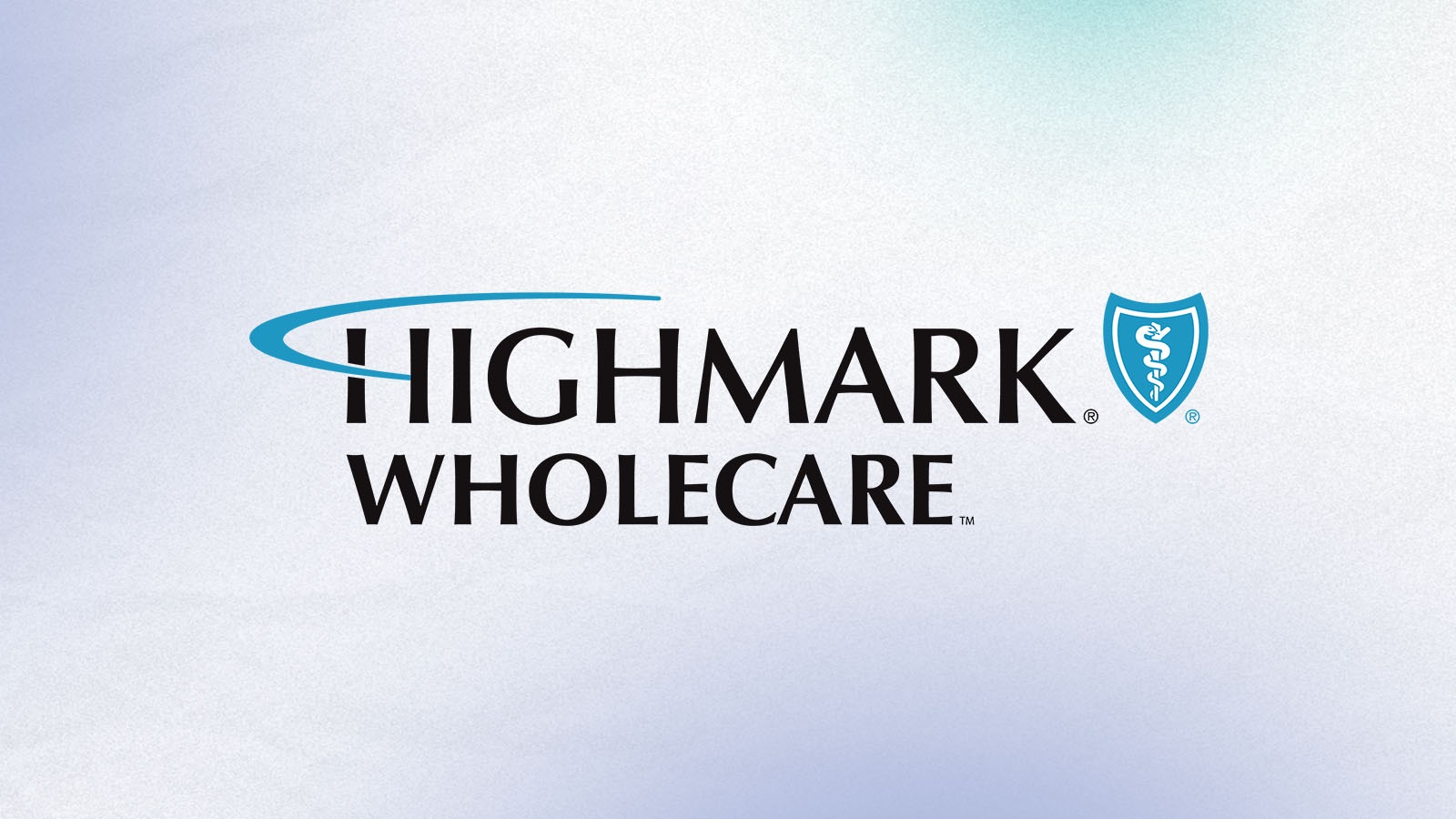
Ophelia, now in-network for Highmark Wholecare, brings virtual opioid use disorder (OUD) treatment to Medicaid and Dual Special Needs Plan (D-SNP) members. This partnership addresses barriers to care in Pennsylvania, where the opioid crisis has reached alarming levels. By offering bundled payments and holistic support services, Ophelia aims to overcome financial and geographical obstacles to treatment. Payers are recognizing the need for adequate reimbursement, paving the way for a value-based approach to OUD care. Real-world data validates Ophelia’s effectiveness, signaling a promising shift in the fight against the opioid epidemic.
Ophelia’s integration into Highmark Wholecare’s network marks a significant advancement in the accessibility of opioid use disorder (OUD) treatment for Medicaid and Dual Special Needs Plan (D-SNP) members. Pennsylvania, plagued by soaring overdose rates and limited provider access, faces a dire need for comprehensive solutions. With bundled payments and a focus on holistic support services, Ophelia seeks to address the financial and geographical barriers that have hindered OUD care delivery. This collaboration comes at a critical juncture, as payers recognize the imperative of adequately reimbursing for OUD treatment to improve patient outcomes and mitigate the societal impact of the opioid crisis.
Expanding Access to Opioid Use Disorder Treatment
Ophelia, a leading provider of virtual opioid use disorder (OUD) treatment, has recently become an in-network option for members of Highmark Wholecare. This partnership marks a significant step forward in expanding access to vital OUD care for Highmark Wholecare’s Medicaid and Dual Special Needs Plan (D-SNP) members.
Addressing the Opioid Crisis in Pennsylvania
The collaboration between Ophelia and Highmark Wholecare is particularly crucial in Pennsylvania, a state that has long grappled with the devastating impact of the opioid crisis. Ellen Duffield, President and CEO of Highmark Wholecare, emphasized the urgency of the situation, noting the barriers that have hindered individuals from seeking and receiving essential treatment.
Pennsylvania has witnessed a staggering number of drug-related overdose deaths, with nearly 15 fatalities recorded each day in 2021, doubling the national average. Synthetic opioids such as fentanyl have played a significant role in driving this alarming trend. Shockingly, a substantial portion of insured Pennsylvanians reside in areas devoid of publicly listed providers capable of prescribing medications like buprenorphine, according to insights from Ophelia.
Overcoming Financial Barriers to Treatment
In addition to geographical obstacles, financial barriers often pose significant challenges for individuals seeking OUD treatment. Medicaid reimbursement rates in Pennsylvania are notably low, making it difficult for many providers to sustainably accept Medicaid or commercial insurance. This has resulted in a considerable proportion of Medicaid enrollees with OUD not receiving the necessary medications.
To address these issues, Ophelia has adopted a proactive approach, opting for bundled payments rather than relying solely on traditional fee-for-service models. Zack Gray, CEO and co-founder of Ophelia underscored the importance of this strategy, highlighting the need for innovative solutions to ensure adequate compensation for providers treating Medicaid patients.
A Holistic Approach to Care
Ophelia’s bundled payment model encompasses a range of wraparound support services designed to enhance patient outcomes and address the multifaceted nature of OUD. These services include asynchronous clinical care, collaboration with other healthcare providers, addressing social determinants of health, and pharmacist and patient education.
Payers in the region are increasingly recognizing the value of adequately reimbursing for comprehensive OUD treatment, understanding that this approach not only benefits patients but also yields cost savings in the long run. Ophelia’s payment structure, which rewards value-based care while ensuring providers are fairly compensated, represents a promising step towards aligning financial incentives with patient outcomes.
Validated Effectiveness and Future Prospects
Over time, Ophelia’s commitment to proving its effectiveness has been validated through real-world data, enabling the organization to negotiate bundled payment agreements with health plans from day one. By demonstrating tangible results and emphasizing the value of its model, Ophelia has positioned itself as a trusted partner in the fight against the opioid crisis.



